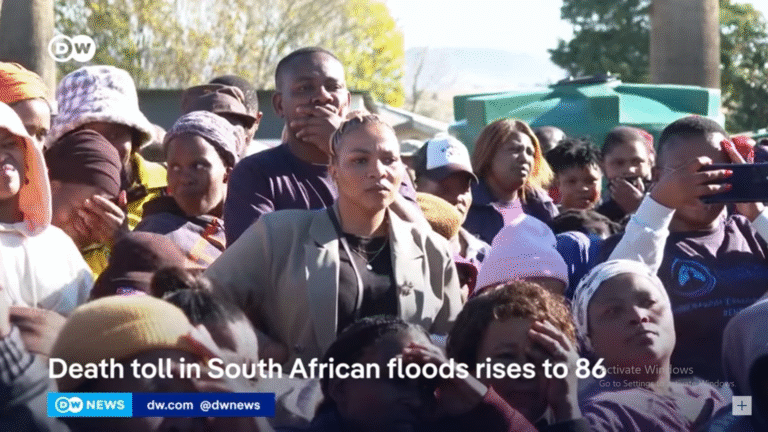To begin with, Pakistan has consistently dedicated a significant portion of its budget to defense. Despite a struggling economy, high inflation, and mounting debt, military spending remains a top priority for the state. In fact, some estimates suggest the defense budget makes up nearly 16–18% of total government expenditure annually.
But at what cost?
Civil Sectors Left Behind
Meanwhile, sectors like education, healthcare, and infrastructure continue to suffer from chronic underfunding. Schools lack basic facilities, hospitals remain overcrowded, and millions of Pakistanis live below the poverty line.
As a result, critics argue that Pakistan’s unwavering focus on its military is widening the gap between economic development and national security.
The Security Justification
Supporters of the defense budget argue that the country’s strategic location and ongoing tensions—especially with neighboring India—justify a strong military. Moreover, internal security threats from extremist groups and border instability are often cited as reasons for the defense-heavy budget.
However, many analysts are beginning to question whether military expenditure at this scale is sustainable—or even effective—in addressing these complex issues.
Economic Consequences
Additionally, Pakistan is currently relying heavily on foreign loans and bailouts, including aid from the International Monetary Fund (IMF). The country’s foreign exchange reserves are alarmingly low, and the rupee continues to depreciate.
Given these circumstances, continued high military spending could worsen the economic strain and delay essential reforms needed for recovery.
Calls for Balance and Reform
Therefore, a growing number of economists and civil society leaders are calling for a rebalancing of priorities. They argue that true national security includes not just defense, but also economic stability, education, public health, and social justice.
In conclusion, Pakistan stands at a crossroads. While defense remains important, perhaps it’s time to reconsider what truly strengthens a nation. Can the country afford to prioritize guns over growth—or is it time to invest in a future that includes all its citizens?



